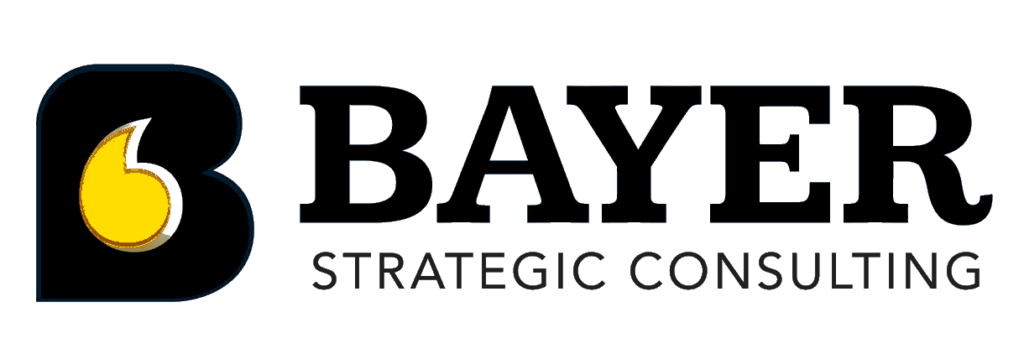Introduction
In this episode of When Science Speaks, host Mark Bayer is joined by Dr. Gertrude Nonterah, founder of the Bold PhD..
Gertrude helps PhD students and academics transition into non-academic careers. She shares her expertise on career development, non-academic paths in the biomedical sciences, personal development, and medical communications.
This episode is sponsored by the One for the Week newsletter, which provides valuable resources for boosting effectiveness in various professional settings.
Guest Background
Dr. Gertrude Nonterah is an expert in microbiology and immunology, having earned her PhD from Temple University. She also holds a BS in biology from Penn West Edinboro University and a BS in registered nursing from Virginia Commonwealth University.
The Importance of Curiosity in Choosing a Scientific Path
Mark begins the conversation by asking Gertrude about her journey into science. Gertrude explains that while she excelled in various subjects during her school years, her father, a retired scientist, encouraged her to pursue science due to her exceptional language skills and overall competence. Growing up in Ghana, Gertrude’s natural curiosity and love for reading further fueled her interest in understanding how things work, which eventually solidified her decision to choose the science track in high school.
Transitioning from Biology to Nursing to a Ph.D.
Gertrude discusses her educational journey, which initially involved pursuing a pre-med major in biology. However, the high cost of medical school led her to explore other options. After a friend recommended an accelerated nursing program, Gertrude decided to pursue nursing as it still allowed her to work in the medical field. Subsequently, she pursued a Ph.D. in microbiology and immunology, followed by a postdoctoral research position at the University of California, San Diego.
Embracing a Career in Science Writing
After completing her postdoc, Gertrude realized that the academic path was not for her. She began exploring different avenues and started a freelance writing business. Focusing on healthcare and scientific topics, Gertrude honed her skills and built a portfolio that eventually led her to secure a science writing position at a marketing agency. She emphasizes the importance of simplicity in explaining complex scientific concepts, drawing from her experience as a teacher and her entrepreneurial mindset.
Daily Life as a Medical Communicator
Gertrude shares insights into her daily routine as a medical communicator. Her work involves attending meetings with various stakeholders, such as research and development teams, marketing teams, and product teams. She collaborates with these teams to understand research results, create content assets, and support marketing strategies. Gertrude’s role also entails content creation, including writing blog posts, designing posters, and developing PowerPoint presentations. She emphasizes the significance of creating engaging content that appeals to a broad audience and communicates complex topics simply.
Different Approaches to Video and Written Content Creation
Gertrude discusses the similarities and differences in her creative process when developing video content versus written content. She emphasizes the importance of hooking the audience in the first few seconds of a video to maintain their attention. By employing relatable visuals and asking thought-provoking questions, she ensures that viewers are captivated. Gertrude also encourages scientists interested in creating video content to make it accessible, engaging, and relatable to their target audience.
The Evolving Landscape of Science Communication
Gertrude highlights the increasing interest in scientific and medical information among the general public, particularly due to the COVID-19 pandemic. She notes that people are seeking accurate and simplified explanations of scientific concepts, especially with the proliferation of misinformation. Gertrude emphasizes the need for medical communicators to address public concerns, build trust, and present information in a way that resonates with different audiences. Additionally, she discusses the importance of scientists taking an active role in public engagement, sharing their research in understandable terms, and fostering thought leadership.
Conclusion
Dr. Gertrude Nonterah’s journey from academia to science writing provides valuable insights into science communication. Her emphasis on simplicity, relatability, and engagement in content creation resonates with the evolving landscape of science communication. By effectively communicating complex scientific concepts to the public, medical communicators can bridge the gap between experts and general audiences, fostering trust and understanding.
Resources Mentioned in the Episode
Gertrude’s LinkedIn profile
